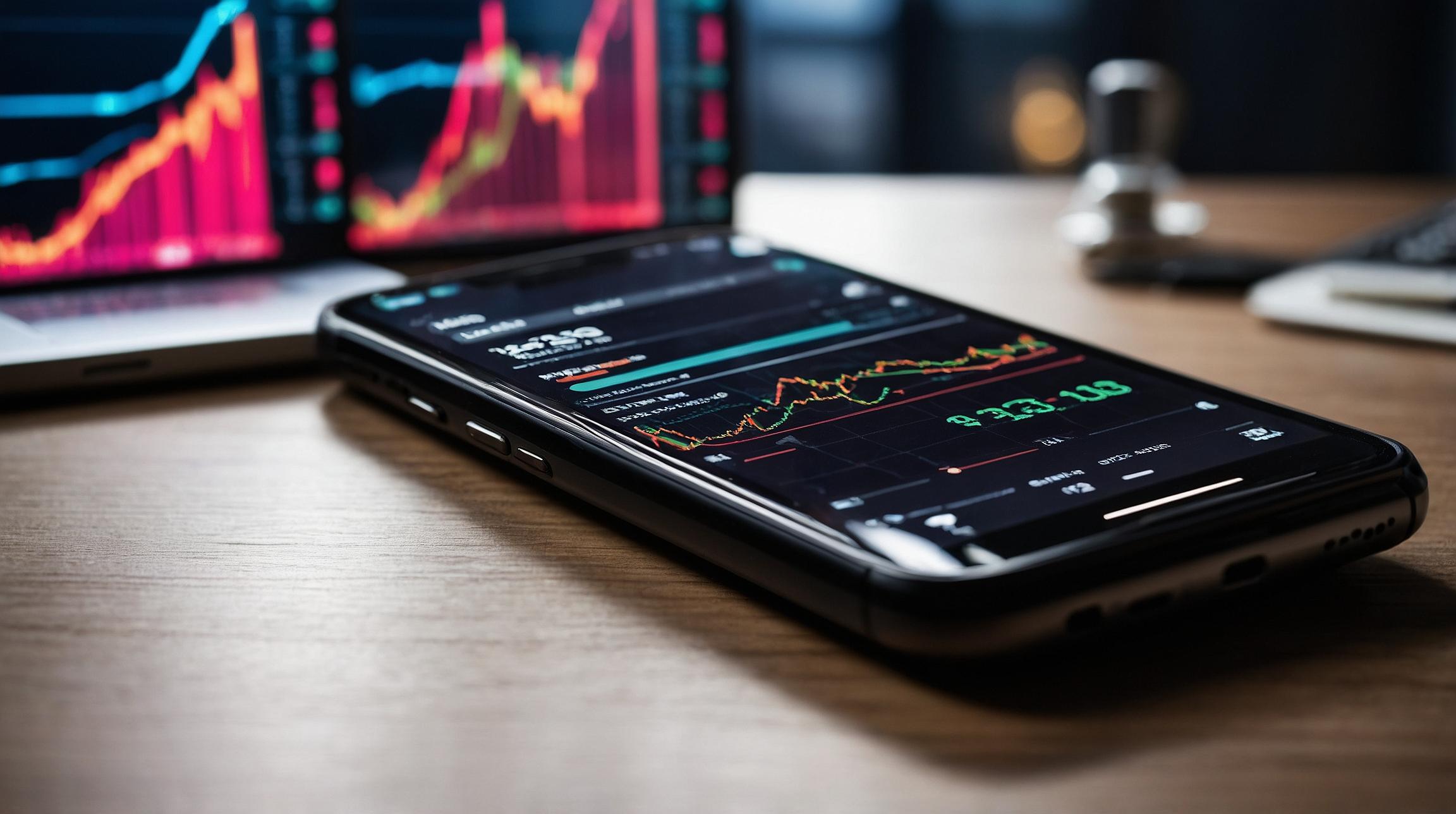Major U.S. indexes faced a significant slump on Tuesday, with financial stocks taking a hit and concerns over China’s struggling economy weighing heavily on investors’ minds. European markets also saw mostly negative performances, although Italy’s FTSE MIB managed to end the day in the green. This week brings potential trouble for the U.S. banking industry as Fitch Ratings warned of a possible downgrade of its credit rating, causing major banks like JPMorgan Chase and Bank of America to have their ratings cut. However, there was some positive news for the U.S. economy as data from the Commerce Department showed strong consumer spending in July. In an attempt to stabilize its falling currency, the Russian central bank raised interest rates in an emergency meeting. Lastly, a Bank of America survey revealed that investors are becoming overconfident, which may pose a risk as the stock market rally starts to lose steam.
Beset by worries
On Tuesday, major U.S. indexes experienced a significant decline, mainly due to losses in financial stocks and concerns over China’s weakening economy. These worries have put investors on edge, resulting in a negative market sentiment and a downward trend in stock prices. European markets also saw declines, with the pan-European Stoxx 600 index losing 0.93%. Italy’s FTSE MIB was the only major bourse to end the day in positive territory, adding 0.57% to its value. The uncertain global economic climate continues to cast a shadow over markets worldwide.
Potential banking downgrade
Fitch Ratings issued a warning that it may downgrade the credit rating of the U.S. banking industry from AA- to A+. If this downgrade were to occur, major banks such as JPMorgan Chase and Bank of America would be affected, with a trickle-down effect on smaller banks. Moody’s had already downgraded 10 banks last week, and Fitch’s warning adds to the concerns surrounding the stability of the banking sector. This news comes at a time when financial institutions are facing increased scrutiny and regulatory pressure.
U.S. consumer strong as ever
While worries about the global economy persist, data from the Commerce Department shows that U.S. consumer spending remains strong. In July, seasonally adjusted retail sales rose by 0.7%, surpassing economists’ expectations of 0.4%. Excluding auto sales, retail sales increased by 1%, beating the forecast of 0.4%. These figures represent the largest monthly gains in retail sales since January and indicate that the U.S. consumer continues to play a vital role in supporting economic growth. Despite the overall concerns in the market, consumer confidence remains relatively high.
Rate hike to strengthen ruble
To combat the sudden slide of the Russian ruble against the U.S. dollar, Russia’s central bank took decisive action by raising interest rates. In an emergency meeting, the bank increased rates by 3.5 percentage points to 12%. This move aims to stabilize the currency and prevent further devaluation. The ruble had dropped to nearly 102 against the U.S. dollar on Monday but has since recovered some ground, trading at around 98.5 at the time of publication. The central bank’s decision highlights their commitment to addressing the challenges faced by the Russian economy.
Overconfident investors
According to a Bank of America survey, the recent stock market rally during the first half of the year has made investors overconfident. The survey highlights the fading strength behind the “strong tailwind” that has propelled stocks forward. As the market rally loses momentum, investors may find themselves in a vulnerable position. Overconfidence can lead to irrational decision-making and increased exposure to risks. This serves as a reminder for investors to remain vigilant and cautious as they navigate the ever-changing market landscape.
The global markets are currently beset by a range of worries, including concerns over China’s economy and potential downgrades in the U.S. banking industry. However, there are still positive signs, such as strong consumer spending in the U.S. and efforts by central banks to stabilize their respective currencies. As the market rally loses steam, investors must be mindful of their overconfidence and make measured decisions. The second half of the year promises to be a challenging one, and it is crucial for market participants to stay informed and adjust their strategies accordingly.
Analyst comment
Overall, this news can be seen as negative as major U.S. indexes experienced a significant decline, worries about China’s economy persist, and there is a potential downgrade in the U.S. banking industry. However, there are some positive aspects such as strong consumer spending in the U.S. and efforts by central banks to stabilize their currencies. The market is expected to face challenges in the second half of the year, and investors should remain cautious and informed.













